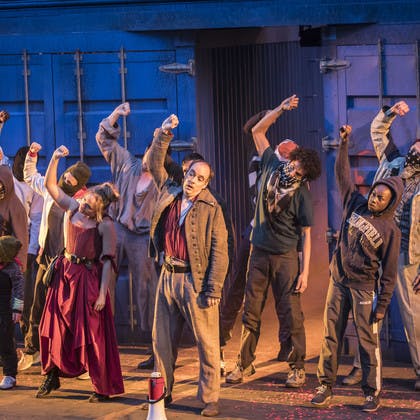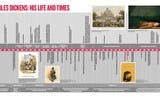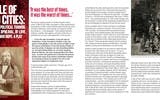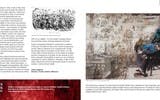A Tale of Two Cities (2017)
7 July – 5 August
A new play by Matthew Dunster
Adapted from the novel by Charles Dickens
Matthew Dunster brought a contemporary twist to A Tale of Two Cities to “wrestle Dickens away from Sunday tea-time period drama and emphasise that he was a writer who tackled the poverty and injustice of his day.” (Financial Times).
The cast
Lydia Bradford
Irène/Clémence

Séan Cernow
Road Mender

Claire-Louise Cordwell
Madame Defarge

Marième Diouf
Lucie Manette

Patrick Driver
Dr Manette

Nabil Elouahabi
Barsad

Lorna Gayle
Miss Pross

Lewis Griffin
Jacques 2

Nicholas Karimi
Sydney Carton

Nicholas Khan
Jerry Cruncher/Monseigneur

Andrew Koji
Jacques 1

Kevork Malikyan
Jarvis Lorry
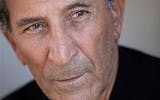
Francesca Mills
Seamstress

Jude Owusu
Charles Darnay

Tim Samuels
Monsieur Defarge

Aliya Ali, Foyinsola Ighodalo, Olivea Puci
Little Lucie
Evie Buxton, Mia Dalley, Kaitlyn Kou
Irène's Child
Creative team
Programmes and Marketing
Sets
Rehearsals
Reviews
Financial Times
“Dunster and director Timothy Sheader enterprisingly wrestle Dickens away from Sunday tea-time period drama and emphasise that he was a writer who tackled the poverty and injustice of his day.” “Marième Douf has a compelling stillness as Lucie Manette, Patrick Driver is touching as her emotionally damaged father, and Kevork Malikyan impresses as the kindly banker who helps them."
British Theatre Guide
“This is a powerful ensemble performance from a strong multicultural cast that is choreographed by Liam Steel into some extraordinary visual scenes.” “Anyone who loves theatre and craves social justice should see this fine production.”
BroadwayWorld.com
“Lee Curran's lighting adds a splash of colour as the night sets in, from the blood-red Terror to the heavenly white which engulfs Sydney Carton in his poignant monologue that ends the play. Nicholas Karimi (Carton) stands out, capturing pure emotion with lines that speak to the times in which we are living.”
Evening Standard
“Nicholas Khan proves memorably loathsome as the Monseigneur, who embodies aristocratic corruption, and Jude Owusu captures the decent yet passive manner of Charles Darnay”











